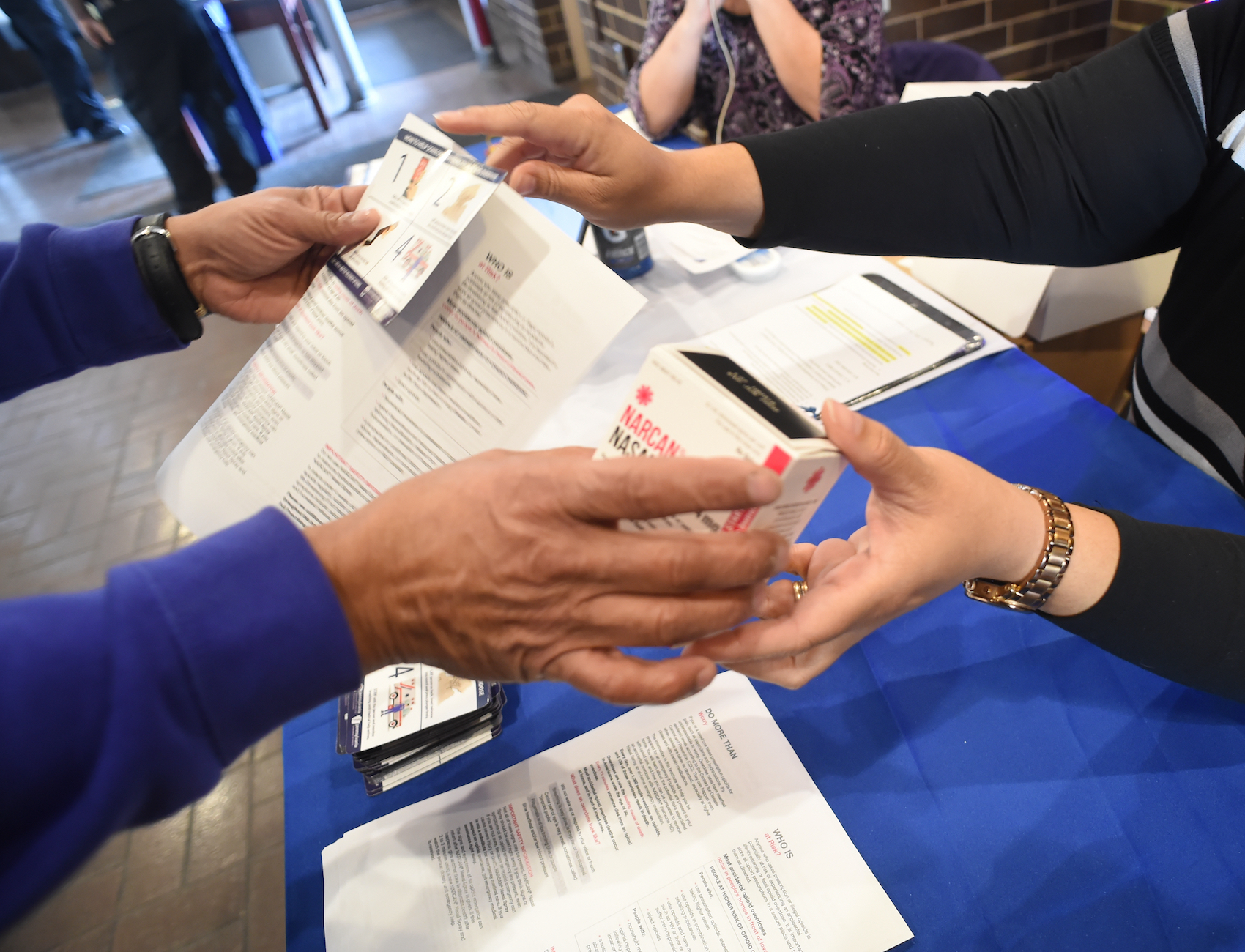Philadelphia’s Next District Attorney Must Continue to Reject the Failed War on Drugs
Since District Attorney Larry Krasner took office, Philadelphia has seen a significant drop in drug prosecutions, focusing attention instead on treatment and evidence-based practices. Whoever wins the Democratic primary must continue down this corrective path.

The Point
Since District Attorney Larry Krasner took office, Philadelphia has seen a significant drop in drug prosecutions, focusing attention instead on treatment and evidence-based practices. Whoever wins the Democratic primary must continue down this corrective path.
Philadelphia needs a prosecutor who will continue to reverse course from the failed War on Drugs:
- The next district attorney must not prosecute drug possession cases. Criminalization doesn’t work and instead causes immense harm. The rate of dismissed drug charges has more than doubled since District Attorney Larry Krasner took office, jumping from 19% in 2017, to 54% in 2020. Krasner’s challenger, Carlos Vega, told The Appeal: Political Report that he “favors sending drug possession cases to drug court, rather than dropping charges outright,” but would continue Krasner’s policy of not prosecuting marijuana possession.
- The next district attorney must not condition the dismissal or diversion of drug charges on the completion of a coercive or onerous diversion program or drug court. When such programs are used, they should be reserved for serious offenses and should be “health-oriented” instead of punitive. Too often, though, they exclude large numbers of people and have burdensome requirements that hinder success. Krasner currently advises prosecutors to dismiss charges if a person participates in treatment, but does not require proof of completion and does not “keep a hammer over their head.” Conversely, Vega would require the completion of a traditional drug court program before dropping charges and sealing records.
- The next district attorney should support supervised injection sites proposed to help address substance use with a public health solution. Krasner has publicly supported the creation of such facilities, which studies show result in fewer overdose deaths, related ambulance calls, and HIV infections. Vega does not support these facilities, according to The Philadelphia Inquirer.
- The next district attorney should also work outside of the courtroom to change Pennsvlvania’s overall approach to substance use. Pennsylvanians are largely rejecting the tough-on-crime approach to substance use, according to new polling from Data for Progress and The Appeal Lab. Nearly two-thirds of likely Pennsylvania voters favor eliminating simple drug possession prosecutions entirely. In Oregon, for example, the Multnomah County District Attorney pushed for drug decriminalization at the state level.
Substance use should be treated as a medical issue, not a criminal one.
- “A growing body of evidence shows that tougher prison sentences do little to deter drug use, and that higher rates of drug arrests do not correlate with use patterns,” explains Zachary Siegel, a fellow at the Health in Justice Action Lab, in The Appeal: Political Report. Instead, criminalization increases health risks and economic instability, making recovery more difficult.
- Shrinking the criminal legal system’s role in responding to substance use frees up funding for more effective treatment and harm reduction services. For example, Austin City Council recently diverted $1 million in funds from its police force to hire additional social and healthcare workers, expand clinic operations and sites, and provide a residential treatment program for pregnant and parenting women.
- Prosecutors across the country are moving away from drug criminalization. In Boston, Seattle, Los Angeles, New Orleans, and Baltimore, prosecutors have adopted policies to no longer pursue most drug possession cases. The Travis County District Attorney has gone a step further and is not prosecuting the possession or sale of drugs unless violence is involved.
Dive Deeper
- Philadelphia D.A. Race Could Ramp up the War on Drugs. Larry Krasner has been dropping drug possession charges at a growing pace. But his challenger in the May 18 primary wants to send these cases to drug court.
- Poll: In Run Up To District Attorney Primaries, Pennsylvania Voters Support Criminal Justice Reforms. Pennsylvania voters support policies that reduce incarceration and promote rehabilitation.
- The Successes and Shortcomings of Larry Krasner’s Trailblazing First Term. Philadelphia’s top prosecutor has made good on promises to reduce incarceration in the city. His re-election bid will be a litmus test for the progressive prosecutor movement he helped start.

